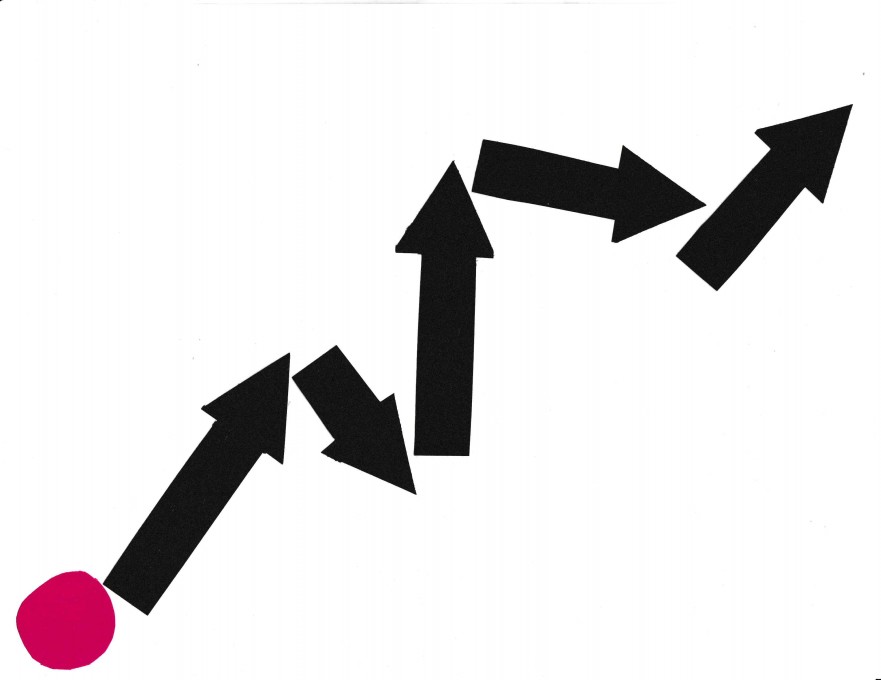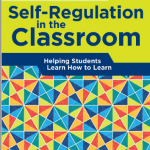With all of the praise and acceptance that many give to Dr. Montessori and her theories, there are two that cause several to find offense and cringe when they are heard: her theories of normalization and deviation. Yet, when one takes the time to read and study her position, one would readily agree that the terms alone are where the offense lies and not in the theories themselves. It is also important to note that in addition to the contemporary theories of her time, Montessori’s positions were based on the outcome of her scientific observations, not educational or psychological pedagogy.
What is meant by normalization?
In short, normalization refers to a child developing along his natural path of development. This is normal because it is normal for all beings to develop naturally. Normal does not mean behaving as everyone else in a docile manner. It does not mean controlled. In fact, it means the opposite. Montessori holds that the normal state of the human is to be:
- in control of oneself
- a positive active agent within the community
- able to benefit oneself as well as the whole.
A child along this path is experiencing “normalization” and can expect to be “normalized” as he develops into a positive contributor to his family, community and society.
Normalization refers to a state where the child is able to concentrate for long periods of time. The modern terms for this include “flow”, a “flow state”, and “getting in a grove”. This is not a busy child that is doing work that someone else told the child to do, for the pleasure and appeasement of the adult. This is a child that is intensely concentrated on self-selected work and occurs when development is proceeding normally.
The road to normalization is a journey along a path, not an arrival.
It is dynamic, not static. It has dips and peaks, not one consistent line of growth. As the child continues along this normal state, he experiences a joyful response to the environment. Amazingly, Montessori observed that child will normalize himself with the help of the environment and the laws of nature. Along the way, he is also developing his personality.
What is meant by deviation?
Deviation refers to any turning away from the natural path. A deviation is an event that takes one off of the natural path of development. Therefore, Montessori identifies a child along this path is “deviated”, moving away from, his true self. There have been children that wandered off the road to normalization. These manifestations are seen through the behaviors of the child. The energy flow of the deviated child is being stopped or at least blocked. For the young child, the works of the Montessori classroom that calls to the child will help to correct this misalignment.
Montessori holds that at the time of birth, there are no behavioral deviations. Immediately after, when the Absorbent Mind is in process, what the child absorbs will dictate if the energies within the child are able to flow, or are blocked. Flow leads to normal development (normalization) whereas blockage leads to deviation.
Blockage of energy can cause the child to move away from his true self.
I recognize that the field of child psychology has presented theories and studies that suggest that some of what Montessori calls “deviations” are hereditary or biologically influenced. If this is the case, there is reason to argue that some newborns may be born predisposed to these conditions. Montessori did recognize that there are conditions of psychic deviations, that we would today identify as conditions such as ADD and ADHD.
Considering the state and dependency of the young child on his environment, we understand that it is what is outside of the child that causes many deviations. Although his physical needs are easier to see, his emotional and psychological ones are not. The child may suffer from not being stimulated properly due to a lack of movement (physical and mental). Mental movement is restricted in the sense of minimal mental stimulation and minimal change of scenery as well as a lack of variety. It also includes a lack of support to encourage independent functions. In our culture, we do too much for the child. They often suffer from this.
Thankfully, these deviations can be corrected, especially within the young child. The child experiencing deviations between 0-3 can correct these deviations during ages 3-6. Yet, if the correction does not occur, one can expect the deviations to become more intense. In a redemptive manner, it is the adult that has helped the child deviate and it is also the adult that can help the child regain footage on the path to normalcy. To begin with, it is important that the adult has faith in the ability of the child to find his way. In a response to that fact, the adult teacher must relinquish power and take on the position of a “partner”, a guide, instead of a teacher. The adult can use the advantages of her size, strength, and resources to protect the environment and concentration of the child. Likewise, the adult is responsible to prepare the environment for the child. This includes ensuring that it includes the areas of interest to the child, with well functioning and attractive tools, materials, and artifacts. Observation with the correct response is a requirement for this.
The adult is responsible for using her power to protect the child while on his path to normalcy.
Additional Readings from Dr. Maria Montessori on the topic:
The Advanced Montessori Method (1)
The Secret of Childhood
1946 London Lectures
The Absorbent Mind









